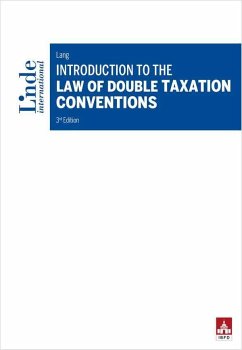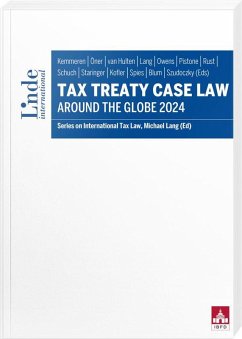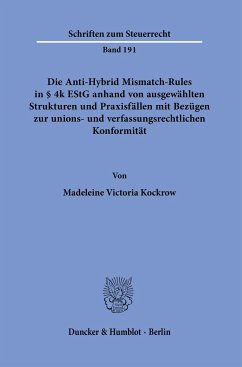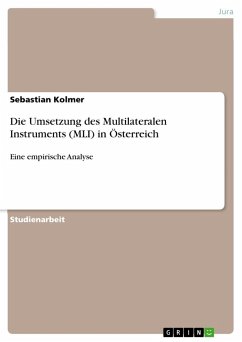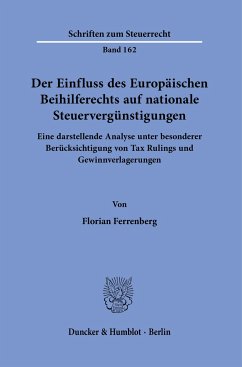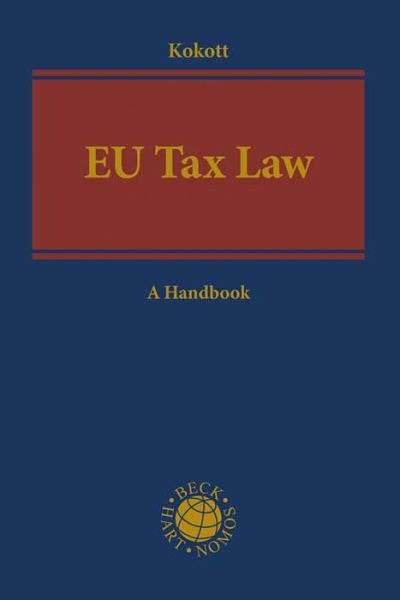
EU Tax Law
A Handbook
Versandkostenfrei!
Sofort lieferbar
175,99 €
inkl. MwSt.

PAYBACK Punkte
88 °P sammeln!
?Taxes are the lifeblood of government.? (U.S. Supreme Court 1935). They are the fundament of statehood, but more and more the subject of European regulation and international concern. This book systematically analyses the Tax Law of the European Union, which has developed in the space between the national legal orders of the Member States on the one hand and the international regime (particularly the influences of the OECD, including BEPS) on the other. In that framework, the author considers the whole body of the Tax Law of the European Union: the general principles applicable to both direct...
?Taxes are the lifeblood of government.? (U.S. Supreme Court 1935). They are the fundament of statehood, but more and more the subject of European regulation and international concern. This book systematically analyses the Tax Law of the European Union, which has developed in the space between the national legal orders of the Member States on the one hand and the international regime (particularly the influences of the OECD, including BEPS) on the other. In that framework, the author considers the whole body of the Tax Law of the European Union: the general principles applicable to both direct and to indirect taxation; the principle of equality and its more specific expressions in the basic freedoms and the prohibition of State aid, the principles of neutrality and ability to pay, taxpayers? fundamental rights; the justifications of infringements balanced allocation of taxing powers, including the fight against tax avoidance; secondary legislation in the area of direct taxes; anddetails of the Union?s VAT law and excises taxes. The reader will find everything in this book. This handbook offers a comprehensive and systematic update of the vast case-law of the ECJ, a detailed analysis of the various EU tax law problems, including VAT, and shows the broad context of constitutional and international law.





